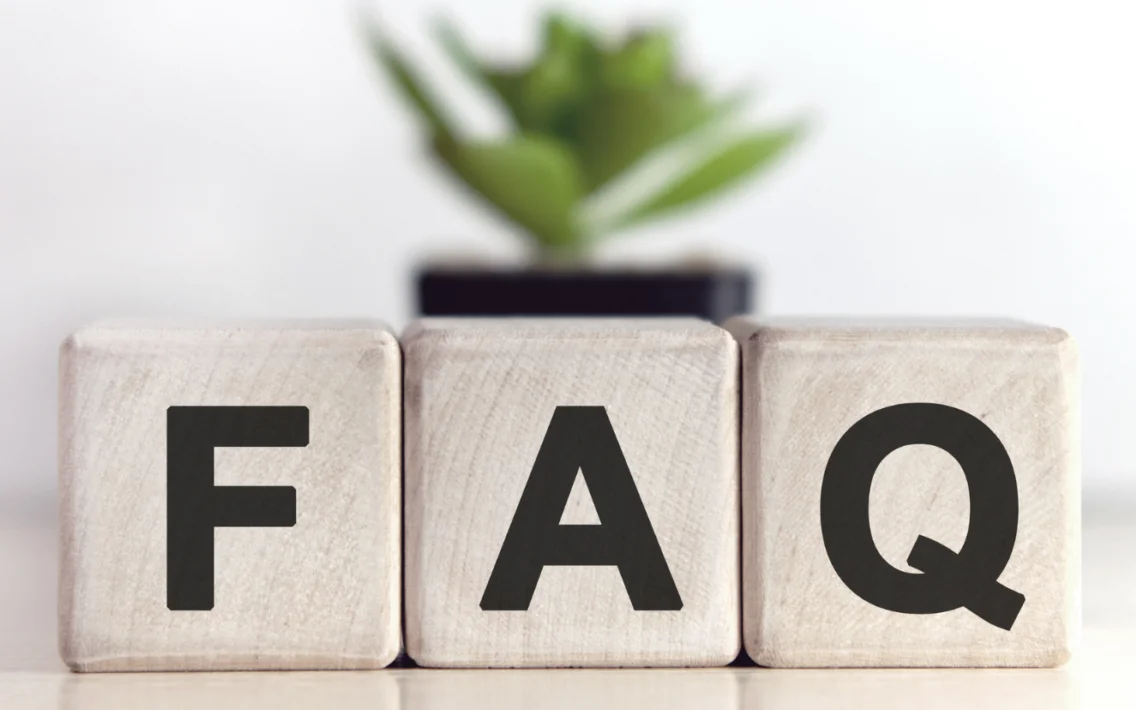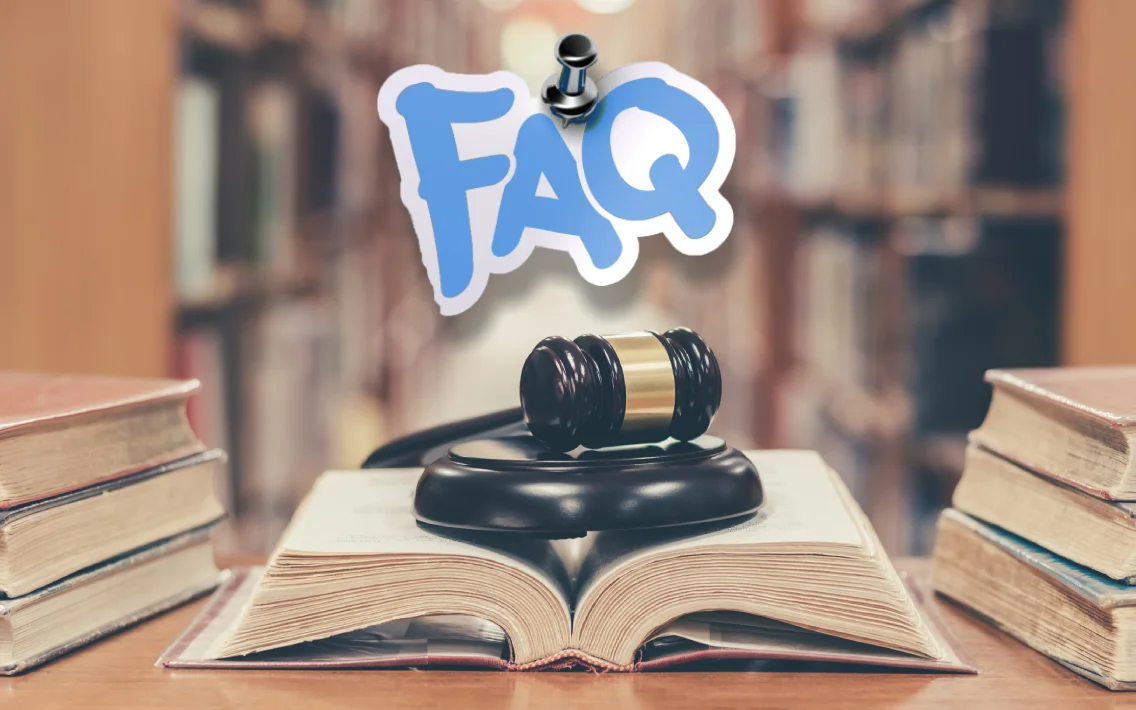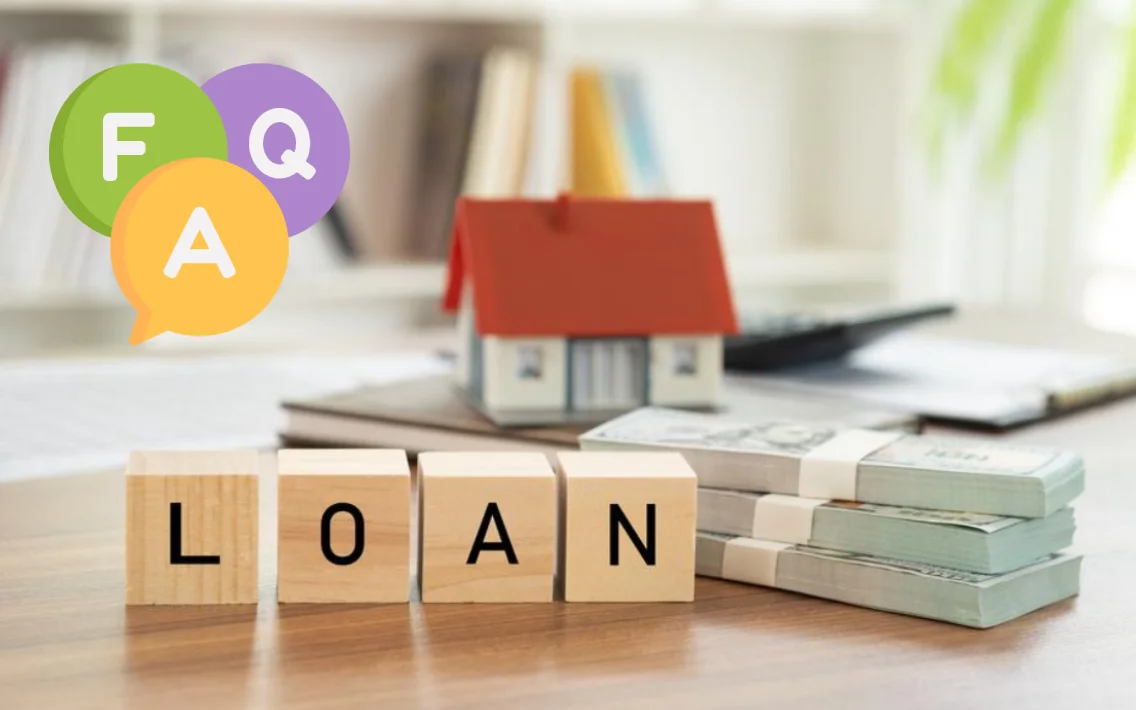FAQs for Buying a Property

-
What is the first step in the home-buying process?
The first step is to assess your financial situation and get pre-approved for a mortgage. This helps you understand your budget and makes you a serious buyer in the eyes of sellers.
-
How much money do I need to buy a property?
You’ll typically need funds for a down payment (5%-20% of the property price) and closing costs (2%-5% of the price). Some programs may require less.
-
What is a pre-approval, and why is it important?
Pre-approval is a lender's conditional offer to loan you a specific amount. It helps you set a budget and makes you more competitive when making offers.
-
Should I work with a real estate agent?
Yes, a real estate agent provides expertise in the market, helps with negotiations, and guides you through the entire process.
-
How do I decide on the right location?
Research neighbourhoods based on safety, schools, commute times, amenities, and long-term investment potential.
-
What types of loans are available for buying a property?
Options include fixed-rate, adjustable-rate, FHA loans, VA loans, and USDA loans. The right choice depends on your financial profile.
-
What is an earnest money deposit?
It’s a deposit you pay to show your commitment to purchasing the property. It’s held in escrow and goes toward your down payment or closing costs.
-
What is a property inspection?
A property inspection is an evaluation of the home’s condition to identify potential issues such as structural problems or repairs needed.
-
What are closing costs?
Closing costs include fees for appraisals, inspections, title insurance, attorney services, and more. They typically range from 2%-5% of the purchase price.
-
What is a property appraisal?
An appraisal determines the property’s market value, ensuring the price aligns with its worth. Lenders require this to approve your loan.
-
What is a contingency in a purchase agreement?
A contingency is a condition that must be met for the sale to proceed, such as passing a home inspection or securing financing.
-
How do I make an offer on a property?
Work with your real estate agent to determine an offer price and submit a written offer. The offer may include contingencies and deadlines.
-
What happens after my offer is accepted?
You’ll move into the escrow period, where the property is inspected, appraised, and all contingencies are addressed before closing.
-
What is escrow, and why is it important?
Escrow is a neutral third-party service that holds funds and documents until all terms of the purchase agreement are met.
-
What is homeowners insurance, and is it required?
Homeowners insurance protects your property against risks like fire, theft, or damage. Lenders typically require it.
-
What is title insurance?
Title insurance protects you and your lender from legal claims or disputes over property ownership.
-
Can I back out of the deal after signing the contract?
Yes, but only under specific conditions, such as unmet contingencies. Otherwise, you may forfeit your earnest money deposit.
-
What are property taxes, and how are they calculated?
Property taxes are annual fees based on the assessed value of your property. Rates vary by location.
-
What should I look for during a final walkthrough?
Check that agreed-upon repairs are complete and the property is in the same condition as when the offer was made.
-
What happens on closing day?
You’ll sign final paperwork, pay closing costs, and receive the keys to your new home
FAQs for Buying a Commercial Property

-
What is the first step in buying a commercial property?
Assess your financial situation, define your investment goals, and secure financing pre-approval to understand your budget.
-
What are the different types of commercial properties?
Commercial properties include office spaces, retail buildings, industrial facilities, multi-family residential units, and land for development.
-
How is buying commercial property different from residential property?
Commercial property purchases involve higher costs, different financing options, longer due diligence periods, and leases that often generate income.
-
What financing options are available for commercial properties?
Options include conventional commercial loans, SBA loans, bridge loans, and hard money loans. Each has specific terms and requirements.
-
What is a commercial property appraisal?
An appraisal evaluates the property's market value based on income potential, location, and condition. It’s required for financing.
-
What should I consider when selecting a location?
Evaluate factors like foot traffic, zoning regulations, accessibility, proximity to target customers, and future development plans.
-
What are zoning laws, and why are they important?
Zoning laws dictate how a property can be used (e.g., retail, industrial, residential). Ensure the property suits your intended use.
-
What is a feasibility study, and should I conduct one?
A feasibility study assesses the financial and operational viability of the property for your business or investment goals. It helps mitigate risks.
-
What is due diligence in commercial property buying?
Due diligence involves verifying financial, legal, and physical aspects of the property, such as leases, income statements, and structural integrity.
-
What are triple net (NNN) leases?
NNN leases require tenants to cover property taxes, insurance, and maintenance, making it a popular option for commercial investors.
-
How do I determine the return on investment (ROI)?
ROI is calculated by dividing the annual net income from the property by the total investment cost, expressed as a percentage.
-
Do I need a commercial real estate agent?
Yes, a commercial agent has specialized knowledge of the market, zoning laws, and property valuations to guide you through the process.
-
What are CAM fees in commercial leases?
CAM (Common Area Maintenance) fees are charges tenants pay for maintaining shared spaces, like parking lots and lobbies.
-
What is a 1031 exchange, and how does it work?
A 1031 exchange allows you to defer capital gains taxes by reinvesting the proceeds from the sale of one property into another.
-
What are the risks of buying a commercial property?
Risks include vacancies, market downturns, unexpected maintenance costs, and difficulty securing financing.
-
How do I check a property's income potential?
Review rent rolls, lease agreements, operating expenses, and historical financial performance.
-
What legal documents are required?
Key documents include the purchase agreement, title deed, zoning compliance certificates, and any existing lease contracts.
-
Do I need to hire a lawyer for a commercial property purchase?
Yes, a real estate lawyer ensures all legal aspects are in order, including contracts, zoning issues, and title searches.
-
What should I inspect in a commercial property?
Inspect the building’s structure, HVAC systems, plumbing, electrical setup, and compliance with local building codes.
-
What happens during the closing process?
You finalize financing, sign legal documents, pay closing costs, and transfer ownership of the property.
FAQs for Buying a Residential Property

-
What is the first step in buying a home?
Assess your finances and get pre-approved for a mortgage. This helps determine your budget and makes you a credible buyer.
-
How much down payment do I need?
Down payments typically range from 3%-20% of the purchase price, depending on the loan type. Some government programs allow for even lower down payments.
-
Should I work with a real estate agent?
Yes, a real estate agent has market knowledge, can negotiate on your behalf, and will guide you through the buying process.
-
What are the different types of residential properties?
Common types include single-family homes, condos, townhouses, multi-family homes, and co-ops.
-
How do I determine my budget?
Consider your income, savings, credit score, and monthly expenses. A mortgage pre-approval will give you a clear idea of what you can afford.
-
What are closing costs, and how much are they?
Closing costs are fees paid at the final stage of the transaction, typically 2%-5% of the home’s purchase price. These include appraisal, title, and attorney fees.
-
What should I look for in a neighbourhood?
Evaluate safety, schools, commute times, amenities, and property value trends in the area.
-
What is a home inspection, and is it necessary?
A home inspection assesses the property’s condition, identifying issues like structural damage or needed repairs. It’s highly recommended.
-
What is the difference between pre-qualification and pre-approval?
Pre-qualification is an estimate of what you can borrow, while pre-approval is a formal offer from a lender based on your financial documents.
-
What is earnest money, and how much should I offer?
Earnest money is a deposit showing your commitment to buying the home, typically 1%-3% of the purchase price.
-
How do I make an offer on a home?
Work with your agent to submit a written offer, including price, contingencies, and deadlines. The seller may accept, reject, or counter the offer.
-
What is a contingency in a real estate offer?
Contingencies are conditions that must be met for the sale to proceed, such as obtaining financing or passing a home inspection.
-
What is a mortgage, and what types are available?
A mortgage is a loan to finance a home purchase. Types include fixed-rate, adjustable-rate, FHA, VA, and USDA loans.
-
What is private mortgage insurance (PMI), and do I need it?
PMI protects the lender if you default on your loan. It’s typically required if your down payment is less than 20%.
-
What happens during a home appraisal?
An appraiser evaluates the property to determine its market value. This ensures the home is worth the amount you’re borrowing.
-
What should I know about property taxes?
Property taxes vary by location and are based on the assessed value of the home. Factor this into your monthly housing costs.
-
What is escrow, and how does it work?
Escrow is a neutral third-party service holding funds or documents until all conditions of the sale are met.
-
Do I need homeowners insurance?
Yes, lenders require it to protect against damages or loss. Homeowners insurance also provides liability coverage.
-
What is a final walkthrough?
A final walkthrough is your chance to inspect the property before closing, ensuring it’s in the agreed-upon condition.
-
What happens on closing day?
You sign the final documents, pay closing costs, and receive the keys to your new home.